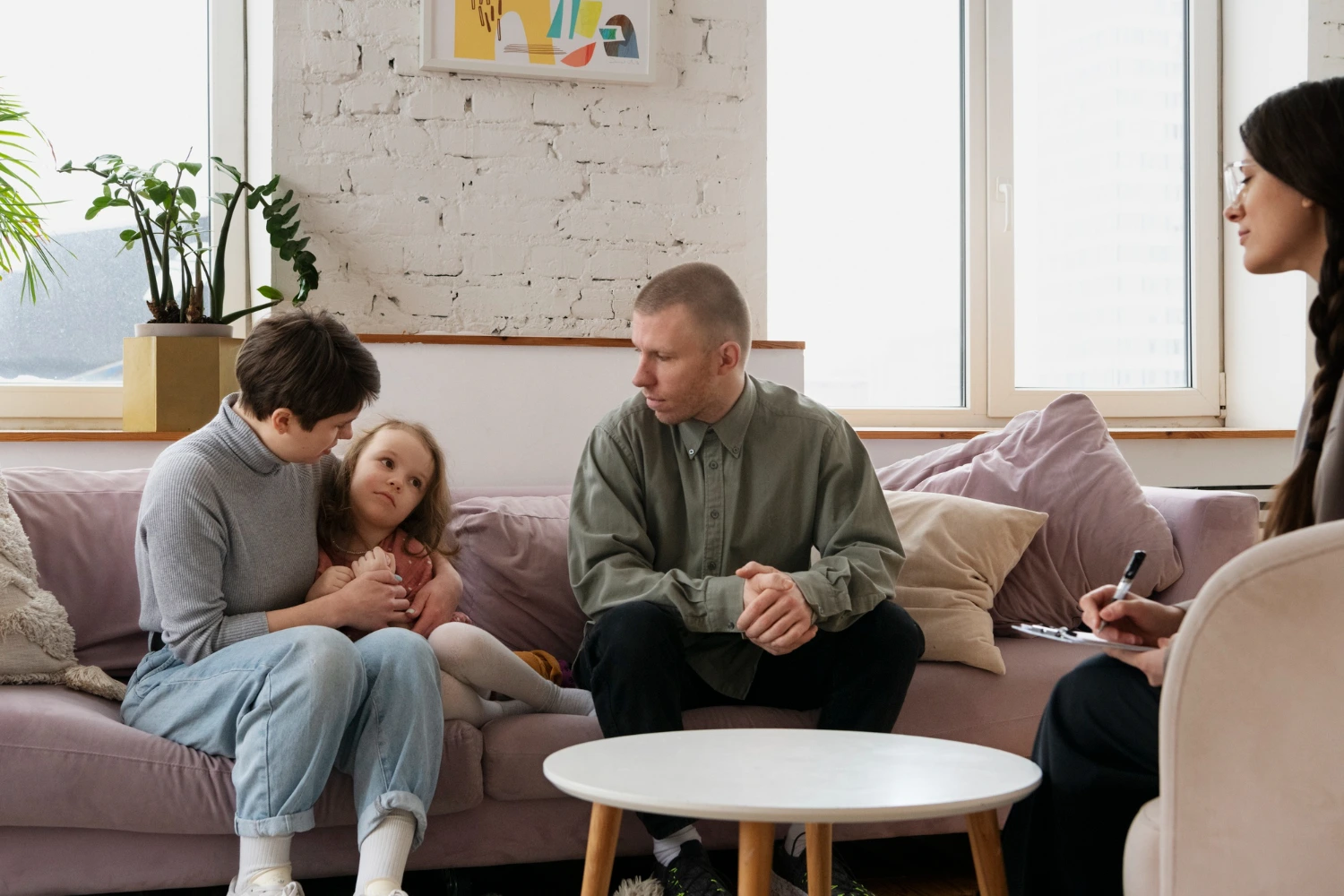Addiction is a family disease. It affects not only the person struggling but also their loved ones. Family therapy plays a crucial role in addiction recovery, helping to mend relationships, improve communication, and rebuild trust. At California Recovery Center (CRC), family therapy programs are designed to address the needs of both individuals in recovery and their families, creating a strong foundation for long-term sobriety.
How Family Therapy Improves Communication and Trust
Family therapy is a vital part of the recovery process because it facilitates open communication between family members. Addiction often causes misunderstandings, strained relationships, and emotional distance. Family therapy provides a safe environment for everyone to express their concerns, frustrations, and hopes for recovery. By addressing these issues together, family members can begin to rebuild trust.
Key benefits of family therapy include:
- Improved Communication: Family therapy helps families engage in honest, healthy conversations. It teaches effective communication skills, allowing members to discuss their feelings without judgment, creating a space where healing can begin.
- Restoring Trust: Trust is often broken during addiction. Through family therapy, loved ones can work through past issues, understand the root causes of addiction, and learn to rebuild the trust that was lost. This is a gradual process, but with professional guidance, families can restore their bonds.
- Establishing Healthy Boundaries: One of the goals of family therapy is to set clear, healthy boundaries within the family. These boundaries prevent enabling behaviors and allow each person to take responsibility for their role in recovery.
CRC’s Family Therapy Programs: Supporting Long-Term Sobriety
At California Recovery Center, family counseling is a cornerstone of the recovery process. CRC’s treatment facilities offer tailored family therapy sessions that address the unique dynamics of each family, helping to resolve deep-seated conflicts and strengthen relationships. These programs emphasize the importance of involving family members in the healing process to support the individual’s recovery.
CRC’s family therapy programs offer:
- Customized Family Counseling Sessions: Each family is different, and CRC tailors its family counseling sessions to meet the specific needs of the family unit. These sessions are designed to help families navigate the emotional and relational challenges of addiction recovery.
- Educational Support for Families: Addiction is often misunderstood by those who haven’t experienced it firsthand. CRC’s family therapy programs include educational resources that teach families about the nature of addiction, enabling them to support their loved ones more effectively.
- Continued Involvement After Treatment: Recovery is an ongoing journey and family support is crucial even after formal treatment ends. CRC’s treatment facilities provide resources like family counseling sessions and support groups to ensure families stay involved in their loved one’s recovery.
Getting Family Involved in the Healing Process
Involving family members in the recovery journey can be one of the most powerful tools for achieving long-term sobriety. Here’s how you can encourage your family to participate in family therapy:
- Open Up the Conversation: Invite your family to join you in family therapy and explain how their support can make a difference in your recovery. Family members need to understand that their involvement is essential for rebuilding trust and communication.
- Educate Your Family About Addiction: Many families may not fully understand the nature of addiction. CRC’s treatment facilities offer educational resources as part of their family therapy programs, helping family members recognize addiction as a disease rather than a moral failing.
- Participate in Family Counseling Together: Joining family counseling sessions at CRC’s treatment facilities allows everyone to address their concerns, work through emotional challenges, and learn how to best support each other throughout recovery. These sessions provide practical tools for healthy communication and conflict resolution.
- Commit to Ongoing Support: Even after treatment, continuing family counseling can be beneficial for maintaining healthy relationships. Ongoing therapy helps families reinforce the progress they’ve made and stay connected through the ups and downs of recovery.
Family Sundays
You are inivited to California Recovery Center Family Sundays
Register Here
Building Strong Support Networks Through Family Therapy
Family therapy is an essential part of addiction recovery, providing a pathway to improved communication, restored trust, and a stronger family bond. At CRC’s treatment facilities, family therapy programs are tailored to help families heal together, contributing to long-term sobriety for individuals in recovery. By getting involved in family counseling, loved ones can offer the support needed for their family member’s success in overcoming addiction.
To learn more about how CRC’s family therapy programs can benefit you and your loved ones, reach out to California Recovery Center today. Together, we can build a strong support network for lasting recovery.




